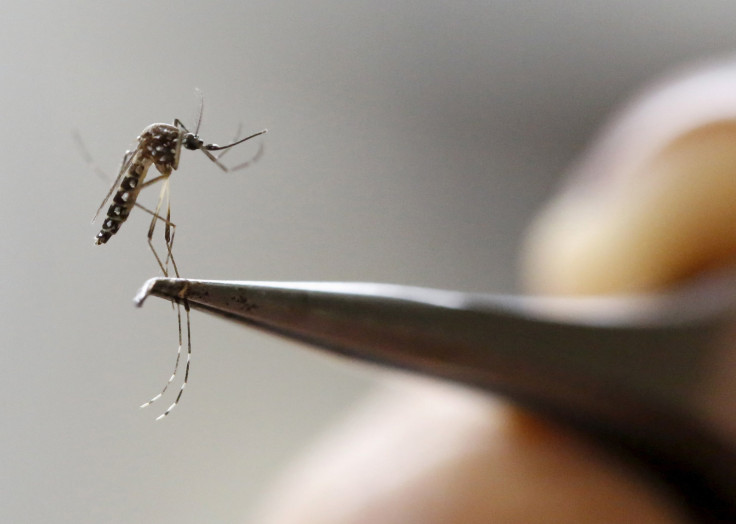Zika Virus May Have Been Sexually Transmitted In 14 Cases: CDC

The Zika virus may have been sexually transmitted in 14 new U.S. cases, including several involving pregnant women, the Centers for Disease Control and Prevention said on Tuesday about the disease linked to thousands of birth defects in Brazil.
In two of the suspected cases, the infection has been confirmed in women whose only known risk factor was sexual contact with an ill male partner who had recently traveled to an area where the virus is present, the agency said.
The reports suggest sexual transmission may be a more likely means of spreading Zika than previously considered, the CDC said.
Testing of the male partners is still pending, the CDC said.
Mosquito bites remain the primary way the virus is spread, although sexual transmission from men to women is possible, the agency added. Condoms can help prevent transmission.
There is no evidence that women can transmit Zika virus to their sex partners, the CDC said.
There is no cure or treatment for Zika and much remains unknown, including whether the virus actually causes the birth defect microcephaly, a condition marked by unusually small heads that can result in developmental problems.
Brazil on Tuesday raised the number of microcephaly cases linked to Zika. It has confirmed 583 cases of microcephaly, up from 508 a week earlier. Suspected cases rose to 4,107 from 3,935.
The first known case of Zika virus transmission in the United States was reported in Texas in early February by local health officials, who said it likely was contracted through sex and not a mosquito bite.
Zika has caused outbreaks in at least 29 countries in the Americas. The CDC added Trinidad and Tobago and the Marshall Islands to its travel advisory on Tuesday.
The agency in early February revised its guidelines for pregnant women to include a recommendation that even those without symptoms of the Zika virus should be tested after returning from affected areas.
© Copyright Thomson Reuters 2024. All rights reserved.











